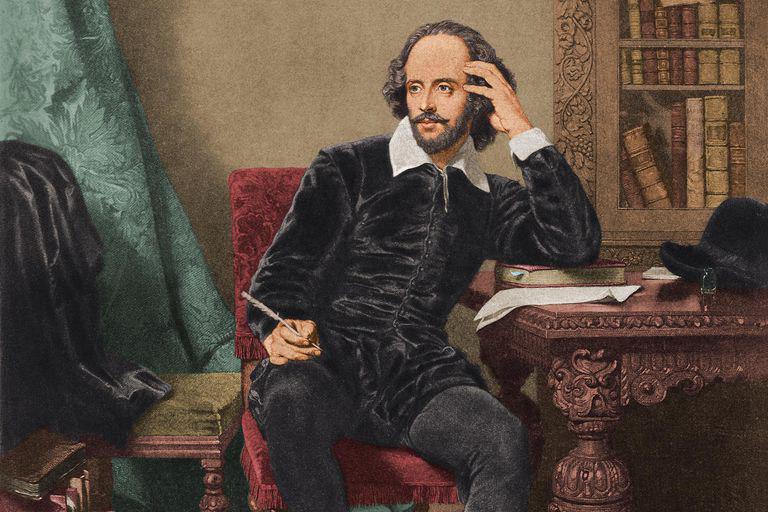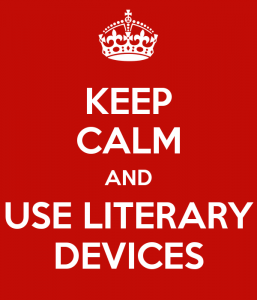
?Why is Shakespeare famous
Many people believe William Shakespeare is the best British writer of all time. His many works are about life, love, death, revenge, grief, jealousy, murder, magic and mystery. He wrote the blockbuster plays of his day - some of his most famous are Macbeth, Romeo and Juliet, and Hamlet. It has been almost 400 years since he died, but people still celebrate his work all around the world.
What do we know about Shakespeare?
William Shakespeare was born in Stratford-upon-Avon, England in 1564. Nobody is exactly sure which day he was born, but we do know he was baptised on 26 April that year. In 1582 he married Anne Hathaway and the couple went on to have three children. Shakespeare lived in London for 25 years and wrote most of his plays here. He died at his home in Stratford-upon-Avon on 23 April 1616, aged 52. Shakespeare wrote 37 plays (though some experts think it may have been more). He wrote three different types of plays:
Histories - about the lives of kings and famous figures from history
Comedies - which end with a marriage
Tragedies - which end with the death of the main character
Shakespeare also wrote plenty of poetry and in 1609 published a book of 154 sonnets. We know his work was popular at the time because he earned enough money to live in a smart area of London, where he wrote some of his most famous plays. He had an incredible influence on the English language and invented hundreds of words we still use today.
Here are some of the more than 1,700 words first used in Shakespeare's writing:
amazement
bedroom
champion
dawn
eyeball
fashionable
gossip
moonbeam
olympian
puking
swagger


